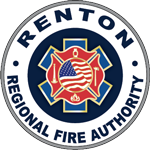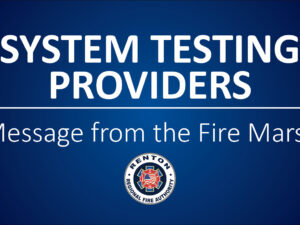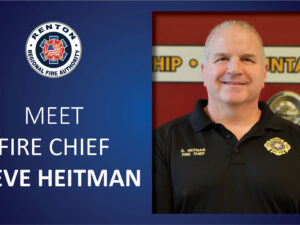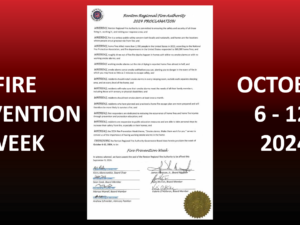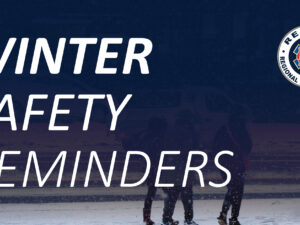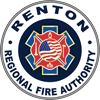[Brought to you by the King County Fire Chiefs Association]
Keeping our firefighters, paramedics and private ambulance personnel healthy is a top priority so we can continue to help the communities we serve. As the outbreak of COVID-19 continues to unfold, it’s important we all take steps to protect our first responders who are on the frontlines of treating sick people.
Many fire agencies in King County currently have personnel who are in quarantine and isolation from exposure to COVID-19 while at work. Please follow these steps to help lighten the impact on your local fire agency:
- If you have minor to moderate symptoms consistent with COVID-19 (which include a cough, fever, difficulty breathing or a runny nose) and/or recent travel, consult via telephone with your primary doctor. The Washington State Department of Health Hotline (1-800-525-0127) or the King County Novel Coronavirus Call Center (206-477-3977) is also available to answer questions about next steps to take.
- If your condition worsens and is more severe, call 911 and relay important information regarding your symptoms to the dispatcher.
- While you will likely be asked these questions on the call, be sure to mention if you have any symptoms (cough, fever, difficulty breathing or runny nose), any recent travel, and if you’ve been in contact with a confirmed COVID-19 patient. Relaying this information is pertinent so responding personnel arrive to the scene with the appropriate Personal Protective Equipment.
- If you are calling 911 for a reason other than COVID-19 (i.e. fall, vehicle collision, etc.), it is still critical to tell dispatchers if you have any symptoms. If you flag down emergency responders on the street – be sure to shout out before they meet you that you may have symptoms.
Our older population and those with underlying health conditions have proven to be vulnerable to this disease. Here’s what you can do to help delay widespread transmission and lessen the impact on our healthcare system:
- Wash your hands with soap and water frequently for at least 20 seconds.
- Avoid touching your face with unwashed hands.
- Cover your mouth/nose with a tissue when coughing or sneezing.
- Stay home if you are sick and avoid close contact with others.
- Telecommute if your work allows.
- Practice social distancing and avoid large gatherings.
- Check on your neighbors (via telephone), especially those who are elderly and may need assistance with obtaining groceries. Remember that even if you are young and healthy, you may still be a vector for the disease, and should take appropriate precaution.
